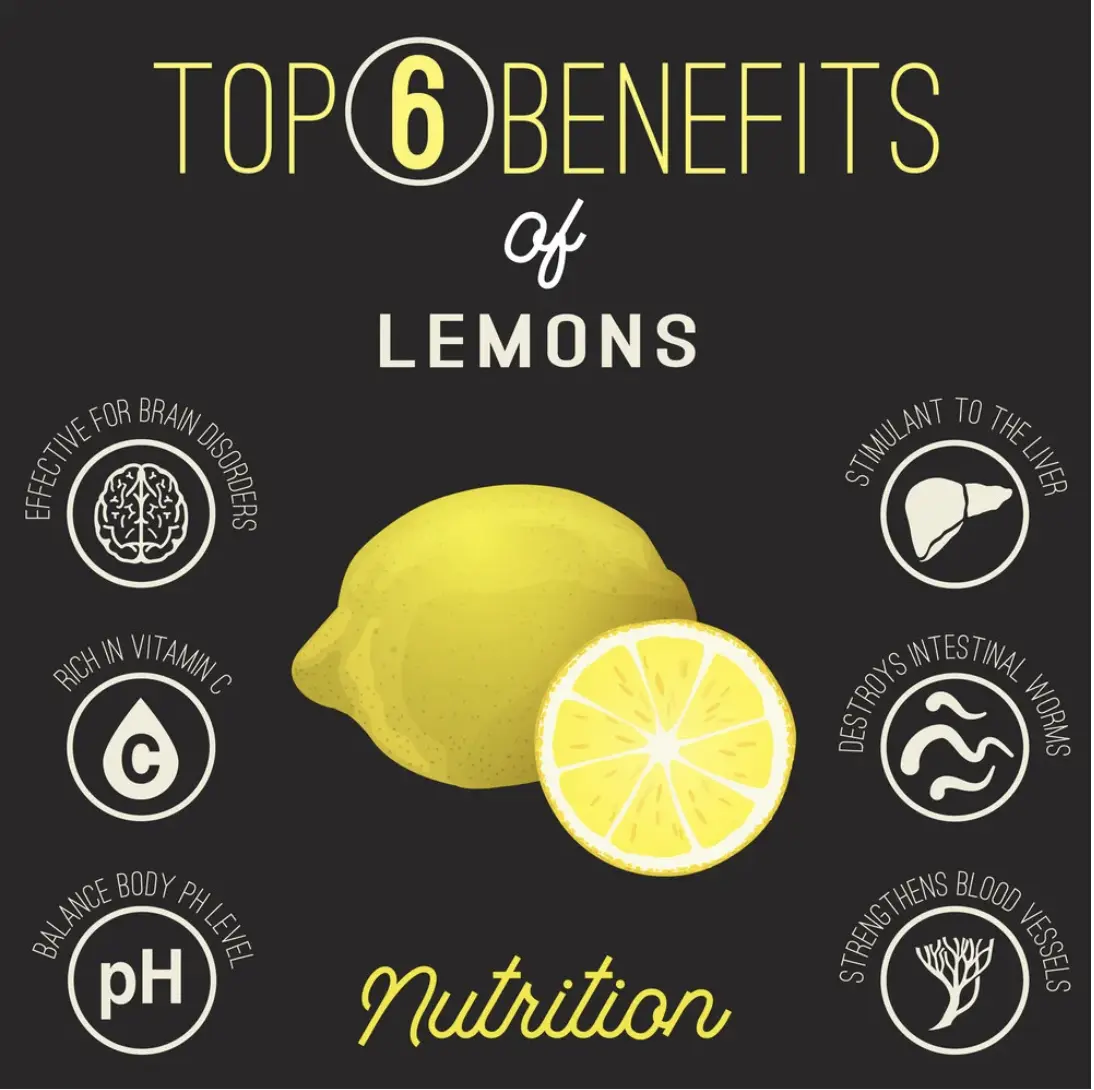Potassium and Heart Health: The Essential Connection
Introduction
When it comes to maintaining a healthy heart, there are numerous factors to consider. Among these, potassium often stands out for its vital role in supporting heart health. This essential mineral is crucial for various bodily functions, including maintaining proper heart function. Let’s delve into the importance of potassium, its impact on heart health, and how you can ensure you’re getting enough of it.
What is Potassium?
Potassium is a mineral and electrolyte found naturally in many foods. It helps regulate fluid balance, muscle contractions, and nerve signals. For adults, the recommended daily intake of potassium is about 2,500 to 3,000 milligrams, depending on age, sex, and activity level. This mineral is vital for overall health, but its role in heart health is particularly significant.
The Role of Potassium in the Body
Potassium’s primary functions include maintaining electrolyte balance, facilitating nerve function, and ensuring proper muscle contractions. It works alongside sodium to balance fluids and electrolytes in the body, which is essential for normal cellular function and overall health.
How Potassium Affects Heart Health
One of the most critical roles of potassium is in the regulation of heart rhythm. This mineral helps to manage the electrical activity of the heart, ensuring it beats regularly. Additionally, potassium is crucial for maintaining healthy blood pressure levels. It helps to counteract the effects of sodium, which can increase blood pressure, thus reducing the risk of hypertension and subsequent heart disease.
Scientific Studies on Potassium and Heart Health
Research consistently supports the benefits of potassium for heart health. Numerous studies have shown that a diet high in potassium can help lower blood pressure, reduce the risk of stroke, and prevent heart disease. For instance, a study published in the “New England Journal of Medicine” found that increased potassium intake was associated with a significant reduction in blood pressure among participants.
Potassium-Rich Foods
Incorporating potassium-rich foods into your diet is a natural and effective way to boost your intake. Some of the best sources include:
- Fruits and Vegetables: Bananas, oranges, potatoes, spinach, and tomatoes
- Legumes and Nuts: Beans, lentils, almonds, and peanuts
- Dairy and Fish: Milk, yogurt, salmon, and cod
Daily Potassium Requirements
The daily potassium requirements vary by age and health status. Generally, adults need about 2,500 to 3,000 milligrams per day. However, specific conditions such as chronic kidney disease may require adjustments to these recommendations. It’s always best to consult with a healthcare provider for personalized advice.
Symptoms of Potassium Deficiency
A deficiency in potassium can lead to several health issues. Early signs include fatigue, muscle weakness, and cramps. Long-term deficiency can cause more severe problems like high blood pressure, irregular heartbeats, and increased risk of stroke.
Potassium and Blood Pressure
Potassium plays a crucial role in managing blood pressure. It helps relax blood vessel walls, which reduces blood pressure. This mineral also helps the body excrete excess sodium, further aiding in blood pressure control.
Potassium Supplements
For those who struggle to get enough potassium from their diet, supplements are an option. However, it’s essential to use them under medical supervision. Supplements come in various forms, including potassium chloride and potassium citrate. While beneficial, they can pose risks if not taken correctly, such as hyperkalemia (excess potassium in the blood).
Potential Risks of Excess Potassium
While potassium is vital, too much can be harmful, leading to hyperkalemia. Symptoms include muscle fatigue, weakness, and potentially dangerous heart arrhythmias. Individuals with kidney disease, who have trouble excreting potassium, are at higher risk and should monitor their intake carefully.
Balancing Potassium Intake
Maintaining optimal potassium levels involves a balanced diet rich in fruits, vegetables, and other potassium-containing foods. Monitoring your diet and possibly using apps to track nutrient intake can be beneficial. Additionally, staying hydrated and reducing sodium intake can help balance potassium levels.
Potassium and Heart Medications
Potassium can interact with certain heart medications, such as ACE inhibitors and diuretics. These interactions can either increase or decrease potassium levels in the blood. It’s crucial to discuss your potassium intake with your healthcare provider if you’re on heart medications to avoid adverse effects.
Real-Life Stories
Numerous individuals have experienced significant improvements in heart health by increasing their potassium intake. For example, Jane, a 55-year-old woman, lowered her blood pressure by incorporating more potassium-rich foods into her diet. Similarly, experts in nutrition and cardiology emphasize the importance of potassium for maintaining heart health.
Conclusion
Potassium is indispensable for heart health, playing a vital role in maintaining heart rhythm, regulating blood pressure, and preventing heart disease. Ensuring an adequate intake through a balanced diet or supplements (under medical advice) can significantly benefit your heart and overall well-being.
FAQs
- How can I naturally increase my potassium intake?
- Eating more fruits like bananas and oranges, vegetables like spinach and potatoes, and incorporating legumes, nuts, dairy, and fish into your diet are great ways to boost potassium levels naturally.
- Are potassium supplements safe for everyone?
- Not necessarily. While they can help those with low potassium levels, they must be taken under medical supervision, especially for individuals with kidney disease or those on specific heart medications.
- What are the best sources of potassium?
- Some of the best sources include bananas, oranges, potatoes, spinach, beans, lentils, almonds, milk, yogurt, salmon, and cod.
- Can potassium help in lowering cholesterol?
- Potassium itself doesn’t lower cholesterol, but a diet rich in potassium often includes foods that can help maintain healthy cholesterol levels, contributing to overall heart health.
- How does potassium interact with other minerals like sodium?
- Potassium helps to balance sodium levels in the body. While sodium can increase blood pressure, potassium helps to counteract this effect by aiding in the excretion of sodium through urine, thus promoting lower blood pressure.






